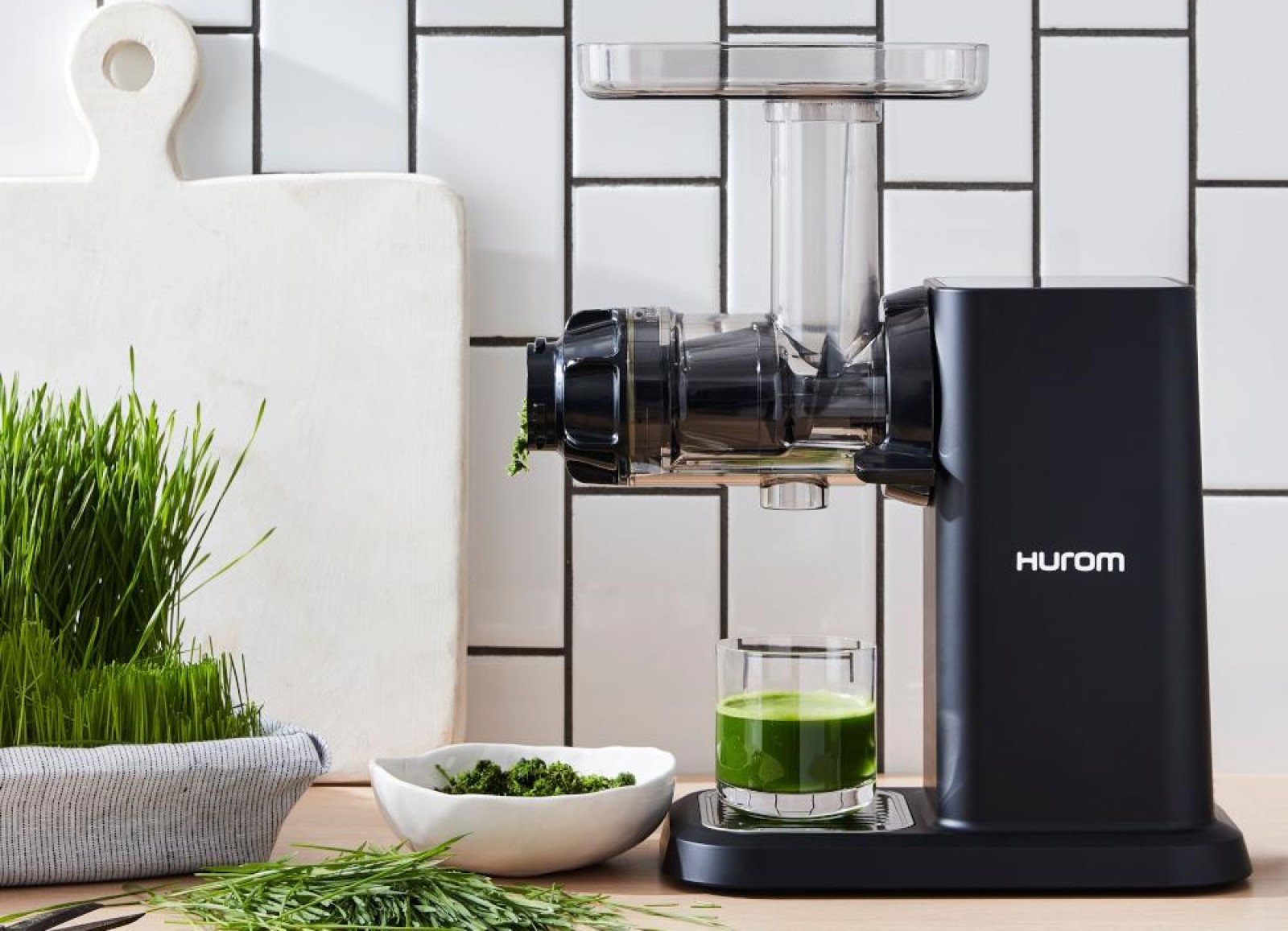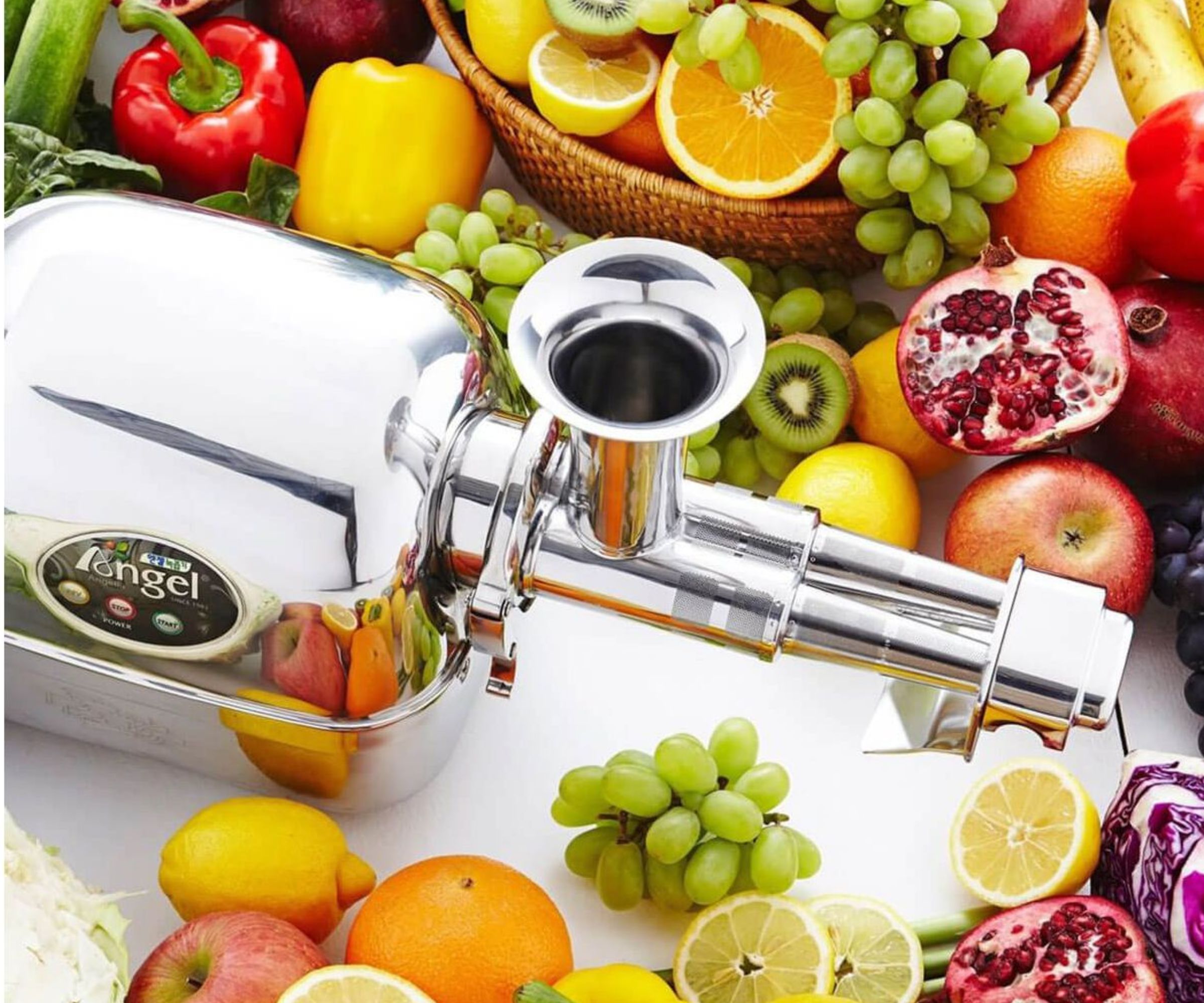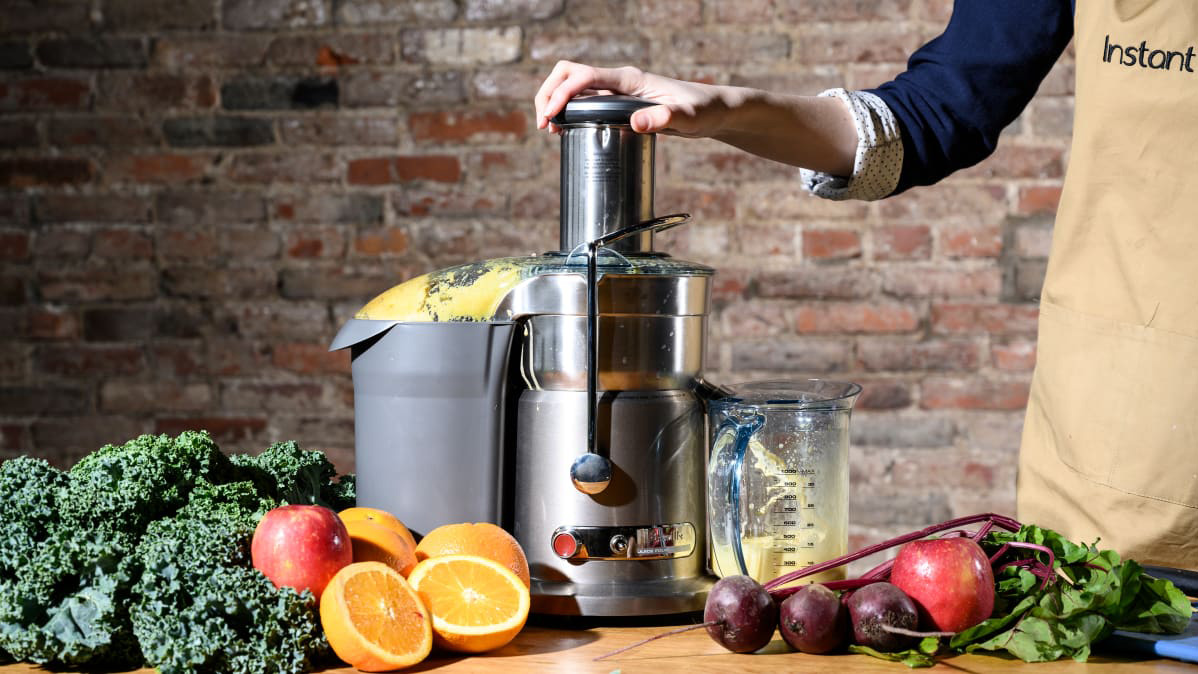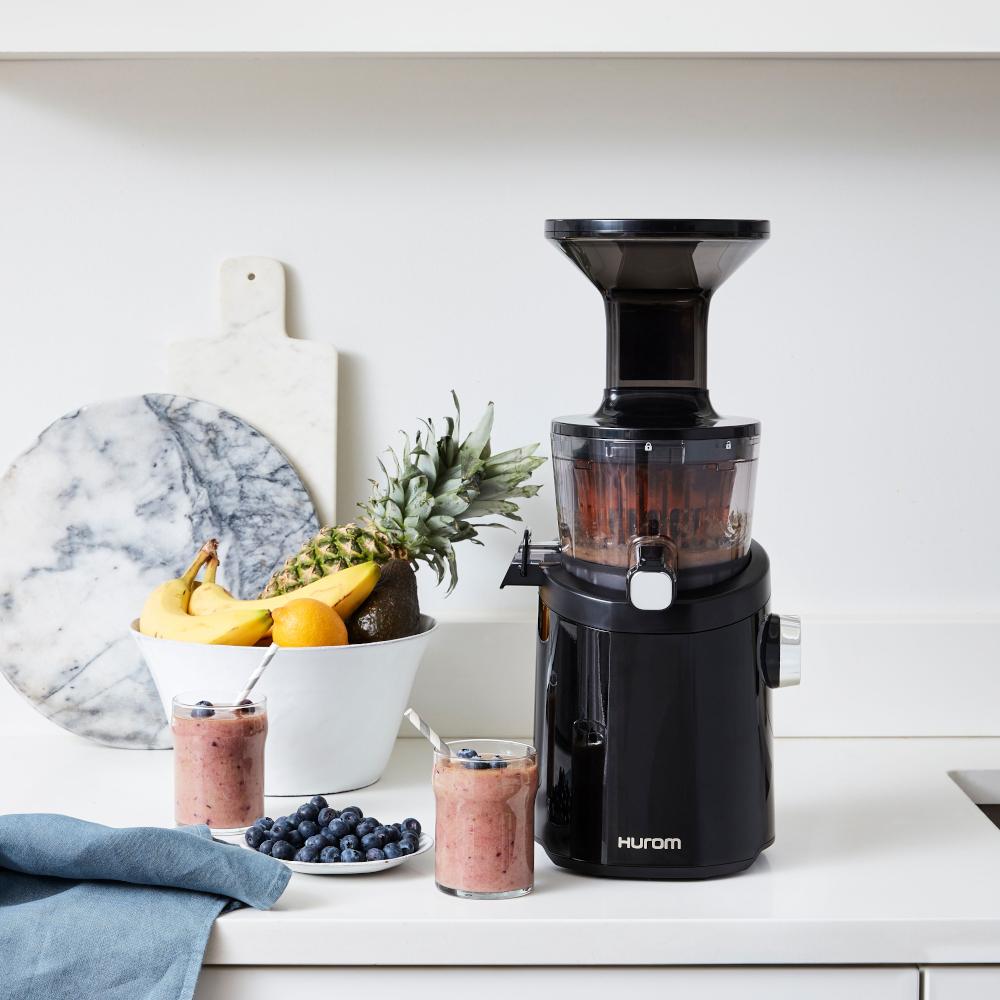How to clean a juicer – 5 tips to make juicing clean and easy
Our expert tips for cleaning your centrifugal and cold press juicers, removing buildup, and making them sparkle


Design expertise in your inbox – from inspiring decorating ideas and beautiful celebrity homes to practical gardening advice and shopping round-ups.
You are now subscribed
Your newsletter sign-up was successful
Want to add more newsletters?

Twice a week
Homes&Gardens
The ultimate interior design resource from the world's leading experts - discover inspiring decorating ideas, color scheming know-how, garden inspiration and shopping expertise.

Once a week
In The Loop from Next In Design
Members of the Next in Design Circle will receive In the Loop, our weekly email filled with trade news, names to know and spotlight moments. Together we’re building a brighter design future.

Twice a week
Cucina
Whether you’re passionate about hosting exquisite dinners, experimenting with culinary trends, or perfecting your kitchen's design with timeless elegance and innovative functionality, this newsletter is here to inspire
Wondering how to clean a juicer? Not every juicer is the same, but there are some steps that every person should follow after making a fresh juice.
Many turn to the best juicers to extract the nutrients and delicious flavor from fruits and vegetables, but one of the most common complaints is that juicers are difficult to clean, and that kitchen cleaning jobs that are that fiddly and time-consuming can put you off using them in the first place.
Here, we tell you how to clean a juicer the easy way.
How to clean a juicer

How do you clean a juicer? Well, while every juicer is different, we've got five tips for juice-lovers to make the process easier.
1. Clean your juicer regularly
It is important to clean your juicer after each and every use. Both centrifugal and the best cold press juicers can get bits of pulp and skin stuck inside juicing chambers, and if these are not removed after every use it can result in bacterial and mold growth.
After a long-term buildup of pulp, your juicer can even stop functioning completely, so knowing how to clean your juicer after every use is the best way of keep it functioning as it should.
Of course, as long as you keep buildup at bay, it is not necessary to do a deep clean after every use.
Design expertise in your inbox – from inspiring decorating ideas and beautiful celebrity homes to practical gardening advice and shopping round-ups.
2. Act fast when cleaning your juicer

After every use, unplug your juicer and remove all key parts. You should act fast to clean your juicer after you've finished using it. Of course, enjoy your fresh drink beforehand, but then get set to work removing pulp and buildup before it dries.
Many of the juicers we've tested, like the Nama J3 for example, come with brushes to remove fibers from the centrifugal disc or cold pressing mechanism. If you do not have a specific brush on-hand, a simple toothbrush will suffice. Giving these mechanisms a good scrub and then rinsing under running water should remove most of the buildup.
3. Rinse everything
Some parts of your juicer will be suitable for dishwashing, but not all of them. Even the parts that can go through the dishwasher should be hand-rinsed first. Why? Well, unless you plan on switching on the dishwasher immediately after using the juicer, it will allow the residue to dry onto the mechanisms, which makes it far easier for them to be cleaned thoroughly.
Simply rinsing these parts under running water should remove any major juice and pulp that's left, which means there is less work for your dishwasher to do.
4. Don't forget about the base

The base of your juicer cannot be submerged in water, but it still needs cleaning. This prevents any sticky residues from forming, and keeps the machine looking fresh and new.
To clean the base, take a damp (not wet) cloth and wipe it over the exterior and around the mechanisms that connect to the juicing attachments. If there are any watermarks, you can scrub some baking soda in with a damp brush and then wipe completely dry.
5. Soak to remove odor and discoloration

Does your juicer have plastic parts? These can discolor easily, and take on odor from prolonged use. To tackle this, soak any water-safe plastic parts in a solution of either 10% lemon juice, 90% water, or the same ratio of white vinegar to water.
Soak these overnight to tackle deep-rooted odor and major discoloration. If you cannot leave overnight, just a few hours should suffice. When you're finished soaking, dry with a microfiber cloth until these parts are dry to touch.
FAQS
Do I have to clean my juicer after every use?
The short answer is yes, you should clean your juicer after every use. Much like you would wash your crockery and cutlery after each use, your juicer should also follow suit. Not doing so will allow germs and dirt to harbor within and could cause illness. We've also got some tips on how to deep clean your juicer too, which the experts recommend doing once a week.
How to clean a juicer with stains
Getting rid of stains on a juicer is a tricky task, but not an impossible one. Cleaning with baking soda can be an easy, eco-friendly way to get a sparkling clean juicer, even one that has stubborn-to-remove stains, such as turmeric.
To clean your juicer with stains, mix one part baking soda, and one part citric acid with water and allow your juicer to soak overnight. Be careful not to soak anything electrical. This will cause the motor to stop working. Use a cleaning brush to scrub off any remaining stains, we recommend this one from Amazon.

Millie Fender is Head of Reviews on the Homes and Gardens Ecommerce team. She specializes in cooking appliances, such as the best kettles, and also reviews outdoor grills and pizza ovens. Millie loves to bake, so she will take any excuse to review stand mixers and other baking essentials. When she's not putting products through their paces in our dedicated testing kitchen, Millie's reviews are conducted at home, meaning she uses these products in her own day-to-day life.